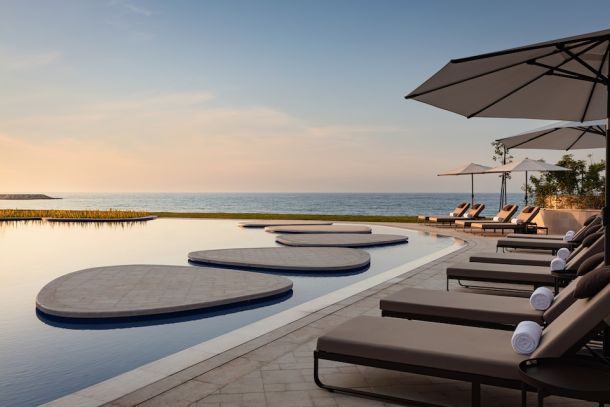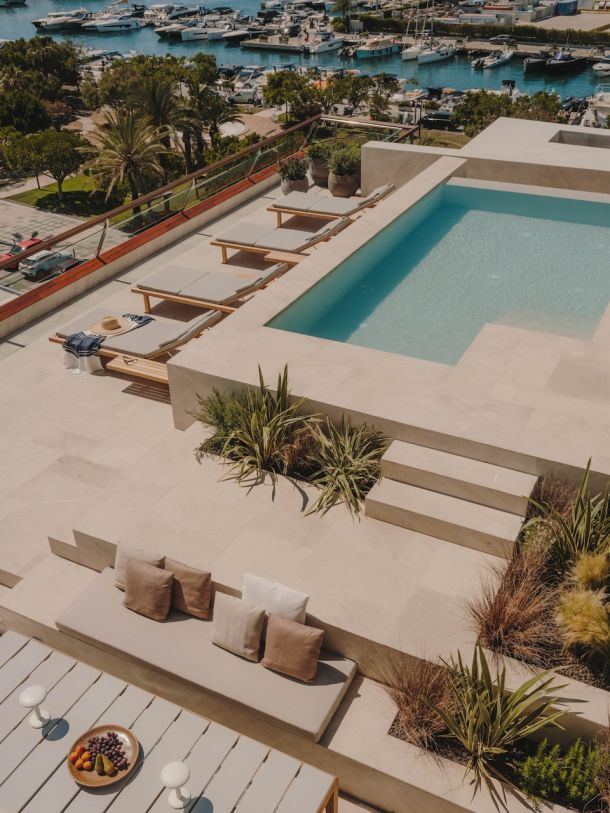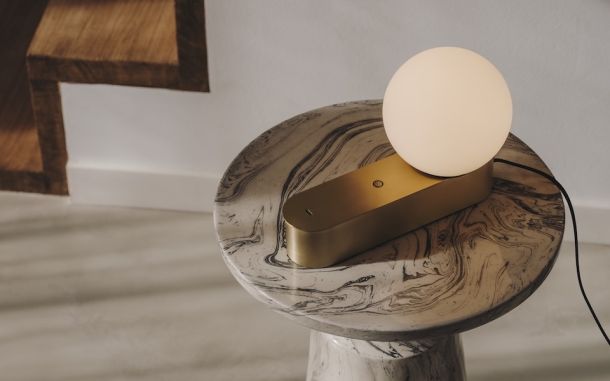Winkreative: The new rules of luxury hospitality
Winkreative’s Perspectives series shares our view on brand and business – the changing audiences, emerging trends and timeless tactics you need to understand to stand out from the crowd. In this article, we explore how luxury hospitality brands must change the way they think and act to attract a new type of consumer.
The luxury landscape is changing. It’s an evolution we’ve explored before — affluent consumers, rather than brands, are setting the standards of luxury, and their demands are far beyond the traditional markers of excess and expense. Now, they want something altogether quieter and more conscious. To have meaningful experiences that improve their wellbeing and expand their worldview. To engage with brands that aren’t just limiting their impact on people and planet, but making positive contributions for our shared future.
These are demands with significant implications for hoteliers and hospitality operators, but few are responding as they should. For some brands, attempts to enhance their experience backfire — think technology that adds complexity or removes the human touch. For others, it’s a case of blending in while attempting to stand out. Where consumers now desire experiences deeply connected to their locale, countless brands now claim to offer a ‘sense of place’, to the extent where the phrase loses meaning. And where audiences demand sustainable practices, brands rely on vague, identical metrics — losing credibility in the process.
Thankfully, there are ways to avoid these potential pitfalls. From shifts in perspective to changes in behaviour, we’ve laid out some of the actions that hospitality brands can take to move forward in this new luxury landscape.
Unique to you
For ‘a sense of place’ to resonate, you need to define what it means within your unique cultural, natural and socio-economic context, rather than being a replica of something that can be found elsewhere.
Put simply, you should give consumers an experience that can only exist in your location, because of your brand, and put it at the heart of your story.
We like how the Ace Hotel has brought cultures together at its new Kyoto outpost in a way that’s as exciting as it is new. Visitors can find design features that are distinctly Japanese – including washi-paper walls and Shigaraki tiles fired in ancient kilns – alongside US imports like Stumptown Coffee Roasters and a restaurant by well-known American chef Marc Vetri.
What green means
Generic claims of ‘going green’ aren’t enough for the new luxury consumer. You need to take meaningful actions – focus on a specific element of your sustainability practice, show exactly what you’re doing and explain how it creates benefit. And if your property isn’t truly sustainable, don’t fake it. Being transparent about the journey you’re on, and welcoming your audience into that journey, can help build a deeper relationship.
We like how The Brando, a luxury resort in French Polynesia, has established a non-profit on its island of residence whose mandate is both to conserve, restore, and protect the atoll and to make it a model of sustainability that can be replicated elsewhere.
Time for transformation
Luxury hospitality is about more than beautiful locations and Michelin-starred restaurants.
At its best, luxury is about transformation — changing the guest’s life for the better, not just during their stay but for months and years afterwards.
Ask yourself how you can provide real, personal value to your guests. Whether igniting passions, connecting them to new experiences, cities, ideas and people, or simply helping them enjoy the time that they’re ‘away’, your brand has the opportunity to play a pivotal role in your guests’ story. And, no, not every moment has to be an epiphany.
The personal touch
The days of formal, white-gloved luxury are gone. Today, service needs to be intuitive, relaxed, and comfortable. Guests want a real, human relationship with the staff taking care of them — and staff must have the freedom to spark unexpected conversations, personal recommendations, moments of genuine connection. Technology still has an important part to play, but it should support human interaction rather than be at the expense of it.
We like how, to support delivery of its ‘relaxed elegance’ ethos, Aman eschews formal training. Instead, the brand encourages employees to showcase their personalities and gives them the freedom to do something special for guests without having to go through leadership.
Are you unsure how to stand out in the changing world of luxury hospitality? Winkreative helps brands and businesses connect with the right audiences and move in the right direction. To find out what we can do for you, get in contact: alexander.mesoras@winkreative.com.
Newsletter
Follow Us
“I have the simplest tastes. I am always satisfied with the best.”


